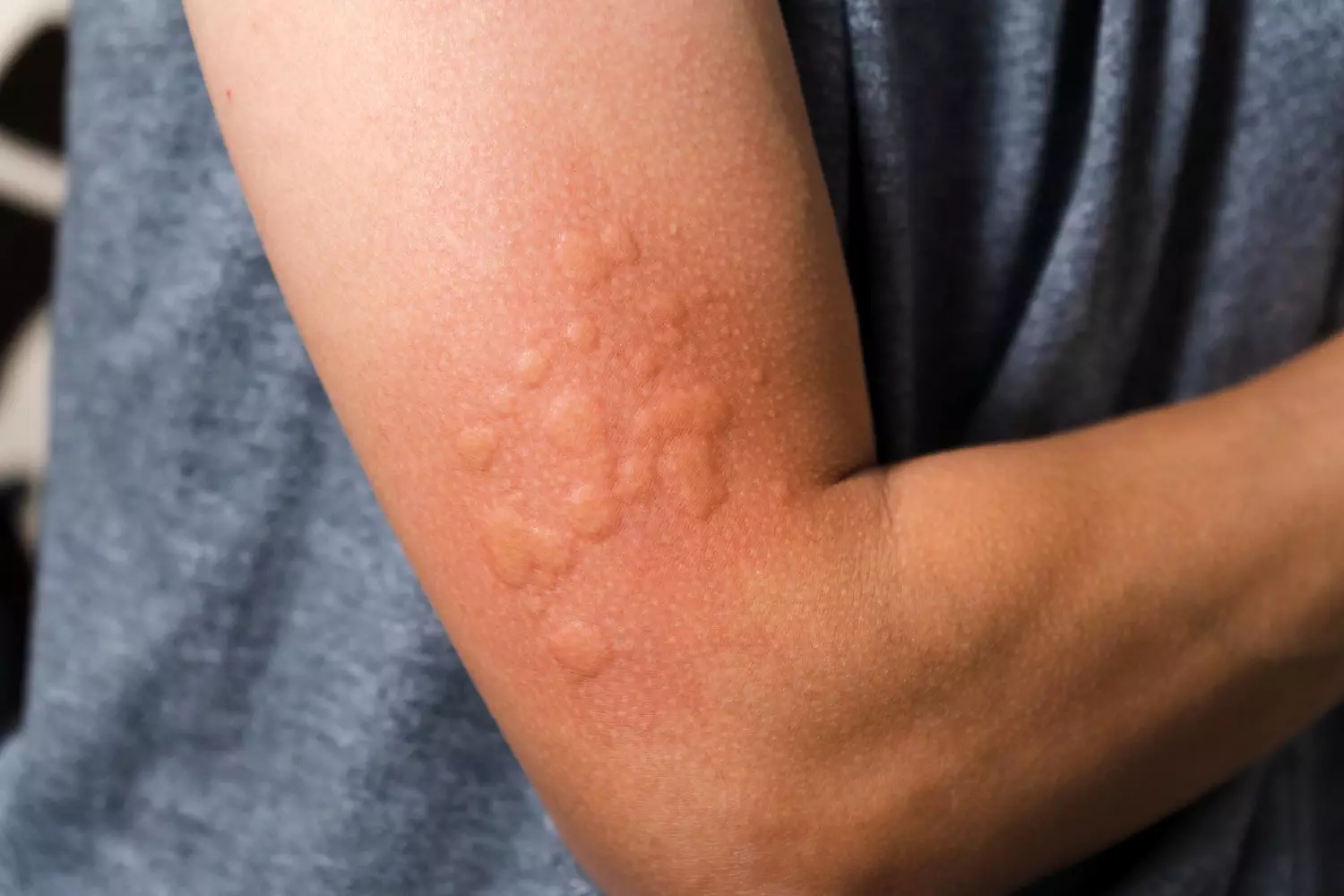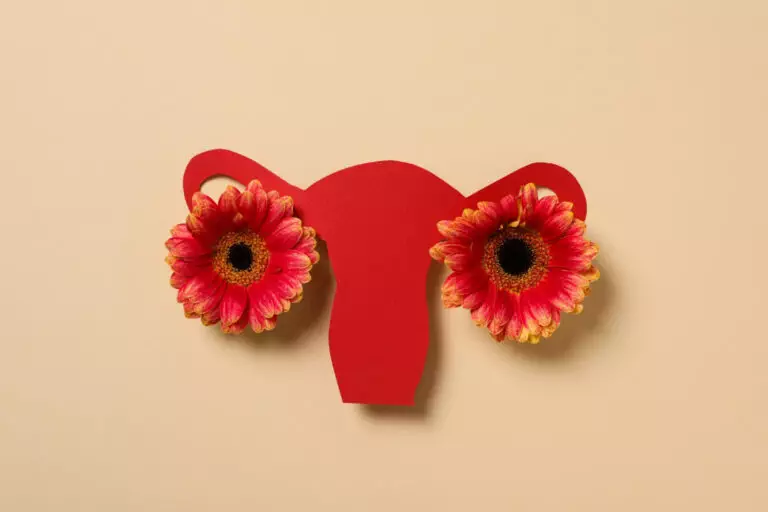Understanding Progesterone Hypersensitivity: An Overview
There was a really useful article by Kate Pleace in this quarter’s Her Life Her Health journal by the Primary Care Women’s Health Forum.
Progesterone hypersensitivity is a rare condition where the body has an allergic reaction to either its own (endogenous) or an external (exogenous) progestin.
Identifying Symptoms of Progesterone Allergy
Typical symptoms include skin rashes, hives, redness and itch. The allergy can be severe enough to cause a cough, breathlessness or even anaphylaxis.
The Cyclic Nature of Progesterone Hypersensitivity
A typical sufferer will get these symptoms cyclically – occurring in the second two weeks of the menstrual cycle (the luteal phase) when her progesterone levels are high.
Reactions to Medications Containing Progestins
Other women will react to medications containing man-made progestins – including the body identical forms like Utrogestan.
Challenges in Diagnosing Progesterone Hypersensitivity
Sometimes the symptoms are delayed and won’t appear until a few days after exposure – so it can take some time to realise what the trigger is.
Treatment Options for Progesterone Hypersensitivity
Treatment involves calming the symptoms with corticosteroids and antihistamines, and progesterone desensitisation therapy. Stopping the woman from ovulating is also helpful to regulate and lower circulating progesterone levels.
The Importance of Awareness and Predicted Increase in Cases
The condition is still pretty rare, and most sufferers will not understand for a long time what is making them feel so miserable. Raising awareness is really important – especially as it is predicted we will see more of this as more women go onto HRT, hormonal contraceptives and IVF regimes.






